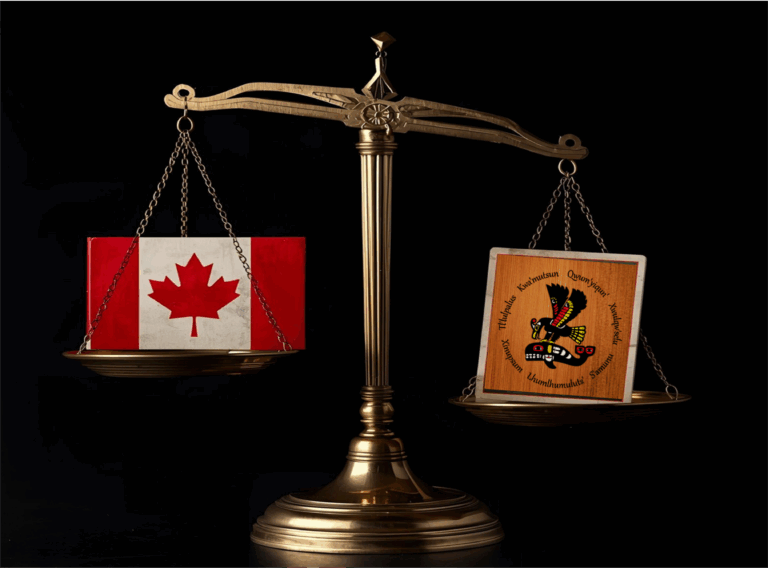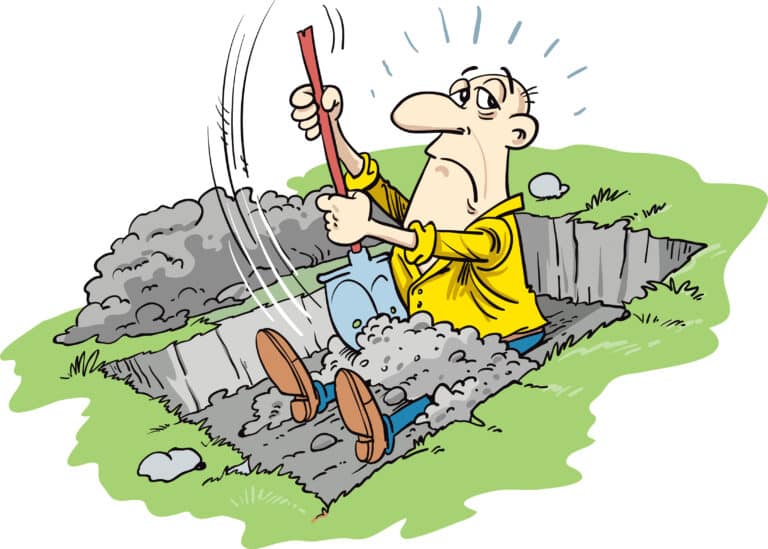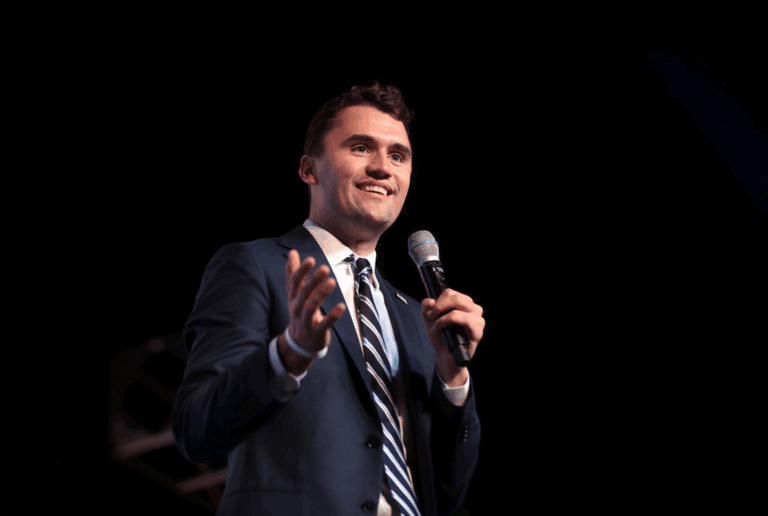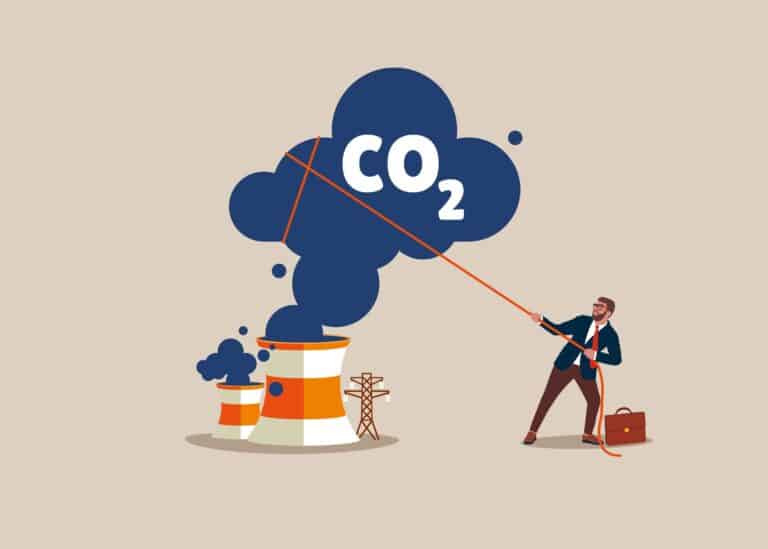The introduction of new media has always been met with two very different, if predictable, responses. The first is an uncritical enthusiasm and excitement, with cheerleaders heralding the new technology as an unmitigated gain for humanity and civilization. The second response is its mirror opposite, a hyper-critical moral panic, with critics bemoaning the forces unleashed by the new technology as a harbinger of cultural mayhem and political disorder.
We are, it seems, caught in a perpetual battle between technophilia and technophobia, and it is easy to exaggerate both. Our new digital technology has brought wonderful (and wondrous) benefits, and only a latter-day luddite could deny it. We can communicate easily, cheaply and instantly around the world via email, text, Skype or social media; and the Internet provides access to all the worlds’ knowledge at the click of a mouse.
These are very real advantages which we justly celebrate. But nothing comes without a price. And the price of these technologies, as measured by two critical socio-cultural metrics, appears to be very high indeed.
It seems clear, first of all, that we are witnessing an erosion of disciplined thought, a dumbing-down of public discourse, a flattening of amateur and expert opinion, which cannot help but erode the quality of public discourse. The second worrisome trend is the rise of a sort of moral narcissism which turns individuals permanently inward, and which is corrosive of civil society, manifested in what Burke called the “little platoons” essential to the health of democracy. Both these phenomena have serious consequences for the democratic state.
The perils of info-affluence
Citizens of the advanced democracies can sometimes be complacent about their good fortune. It is easy to lose sight of the fact that the liberal state is a fairly recent historical development and far from a universal norm. (By liberalism I simply mean any state committed to upholding freedom and equality using fair and impartial procedures). The establishment of the democratic, liberal state and the maintenance of its institutions has to be counted among the great achievements of the modern era.
Yet democracy depends on public discourse, so the kind and quality of public discourse is foundational. Any study of democracy recognizes that widespread education – which is to say intelligent and disciplined thought – is a crucial prerequisite for the maintenance of the democratic state. Citizens must learn how to winnow fact from fiction, the important from the trivial, truth from propaganda. The democratic state thus values educating its citizens, as opposed to simply training them, for it understands that the maintenance of the democratic polity depends crucially on the quality of education it imbues in its citizens.
Sadly, across western civilization education systems have been crippled by post-modern pedagogy, which is the antithesis of disciplined thought. Social media, it turns out, is the perfect medium for communicating what we’ve learned. As the great English social critic Theodore Dalrymple notes, the phenomenal success of Facebook highlights the shallowness of our new social contract: “I pretend to be interested in your trivia, if you pretend to be interested in mine. By this means, one expresses oneself, or at least communicates something without the painful necessity to think or reflect on anything.”
What happens to the quality of our public conversations when the capacity for reflection and analysis afforded by our passive consumption of information via old media gives way to the new interactive media? It deluges us with instant messaging, endless advertising, and countless other diversions and distractions, all demanding responses. Inevitably, thoughtful gives way to thoughtless, even as all are invited to share their thoughts with the world. On the face of it, there is an inherent democratic appeal in giving everyone their own electronic platform on which they can blog and Tweet, but if their contribution is ill-informed and hastily composed, all we’ve created is an electronic vanity press, where a cacophony of voices joins together in a disharmonious chorus that drowns out civilized public discourse.
On most topics, most of us are non-experts, so we must rely on the expertise of others. Yet the inherent egalitarianism of the Internet is destructive of certain vital hierarchies and elites. Look no further than the recent defeat of elites in the United States by a master of the Twitterverse. Radical egalitarians, once known as Communists, might see this as progress, but their philosophy has invariably led to despotism. This is why elites are vital to democracy. They act as cultural and political gate-keepers, a vital sub-group which are essential in helping the non-expert citizen sort the good from the bad, the true from the false, the authentic from the insincere.
The flattening of hierarchy and elites has a superficial democratizing appeal, particularly for the young, but it invariably trivializes and corrupts serious debate, at the expense of educated and considered judgement. The flattening of the distinction between the opinion of the expert and the amateur distorts and corrupts the national conversation. Andrew Keen, author of The Internet is not the Answer, says it leads to digital Darwinism: “the survival of the loudest and most opinionated.”
In sum, the ubiquitous voice of “everyman”, far from being liberating and empowering, has deleterious effects throughout our culture. While traditional print and broadcast media historically imbued citizens with common understandings, the rise of the new media, with its flattening of hierarchies, may be destroying those necessary and serious conversations essential for the health of the democratic state. Absent these, as American historian Lewis Mumford once wrote, we may be left in “a state of intellectual enervation and depletion hardly to be distinguished from massive ignorance.”
I text, therefore I am
The age of Facebook, Snapchat, Instagram, Twitter, and whatever sharing platform comes next, encourages a sort of hyper-individualism. We post selfies obsessively. We share news compulsively. We offer opinions egotistically. And we do it on unimaginably powerful hand-held computers that have become virtual extensions of our bodies and ourselves. They are indispensable to our work, travel and social life, and we despise them for it, alternately worried because we haven’t received any calls or messages, or annoyed by the relentless demand for attention and reaction that arrives with every new ping.
My wife recently witnessed a scene at a roadside diner that begs a painting from a 21st century Rockwell. For the better part of an hour, a man and what appeared to be his pre-teen grandson sat silently across from one another in their booth. Barely acknowledging the presence of the other, let alone speaking, both were totally engrossed in their phones, to the exclusion of all else.
Such occurrences symbolize the isolation, if not the outright social solipsism, of the digital ether. Being physically in the presence of others, yet isolated from one’s companions by technology, is a new phenomenon. Television took us part way there, but smartphones have transported us to a whole new level of self-absorption. In this they are both a cause and symbol of the dominant liberal-individualist philosophy of our time.
If there’s a link between the evolution of philosophy and technology, the smartphone and the Internet are inevitable by-products of the triumph of individualism and the diminution of family and community. The erosion of civil society – of what Burke called the “little platoons”, which is to say the social glue which binds – was an abiding concern for both Burke and Tocqueville, and greatly troubles a host of contemporary thinkers such as Christopher Lasch, Robert Bellah, and Charles Taylor.
What these critics find problematic about post-modern ideology is that freedom is not perceived as something achieved, defended and advanced through the public world of politics, civic involvement, and communal activities; rather, freedom is conceived as the personal achievement of individuals, brought about chiefly through their personal efforts to wrest it from family, community and society. Fundamentally narcissistic, individuals become perennial students of the self – a self whose purposes, aims and goals are defined in opposition to those of the broader community.
The legions of protestors who band together to demand the overthrow of social norms, or presidents, are obviously engaged in communal and political action. But the central ideal that fuels their marches and makes their tweets go viral is radical individualism and reflexive rejection of any and all constraints historically defined by community, tradition or, god forbid, faith. It’s no accident that leftist street demonstrations are prone to descend into anarchic violence. In Phillip Rieff’s memorable phrase, we live in a “zoo of separate cages.”
What happens when technology exacerbates this estrangement from a shared vision of the common good? What happens to the political world – the most significant manifestation of the local – when a fractured, digital media becomes wholly preoccupied with satisfying individual egos, further loosening the threads of common meanings and purposes?
The cultural trajectory of any society is set by many factors, and as I stated at the outset it would be foolish to lay everything at the feet of new communications technologies. Nevertheless, a prerequisite for a healthy democratic society is the quality of public discourse, a quality which is eroded by the ubiquity of uninformed bloggers and tweeters, and it is worrisome that technology is so amplifying their voices.
The competition between progressivism and conservatism is fundamentally a contest between revolutionary and evolutionary change. The breathtaking speed of technological transformation, in the socially and politically crucial realm of information, naturally favours the former over the latter. But humans are profoundly social creatures, and perhaps when the novelty of instant messaging and information sharing wears off, we’ll look up from our screens and rediscover eye contact. In this, I am heartened by a quote from Bill Belichick, coach of the Super Bowl champion New England Patriots. Asked by reporters to comment on some silly sports story that was trending on social media, he gruffly replied: “I’m not on SnapFace.”







